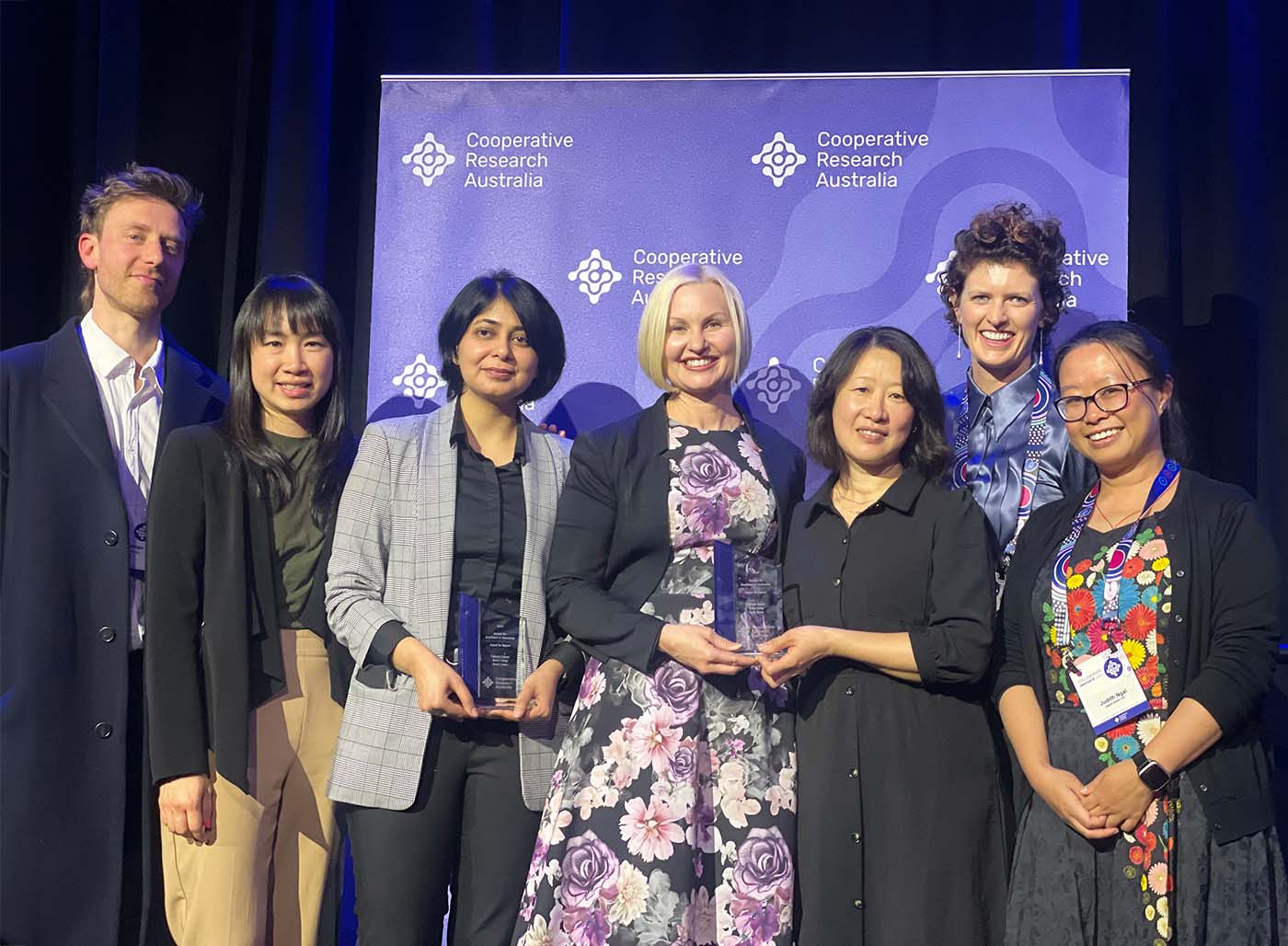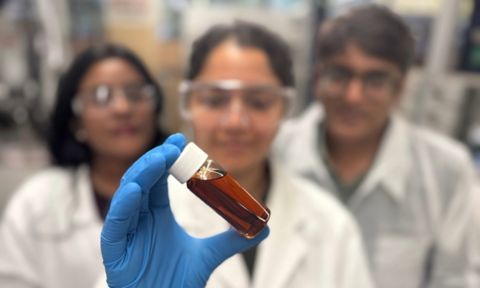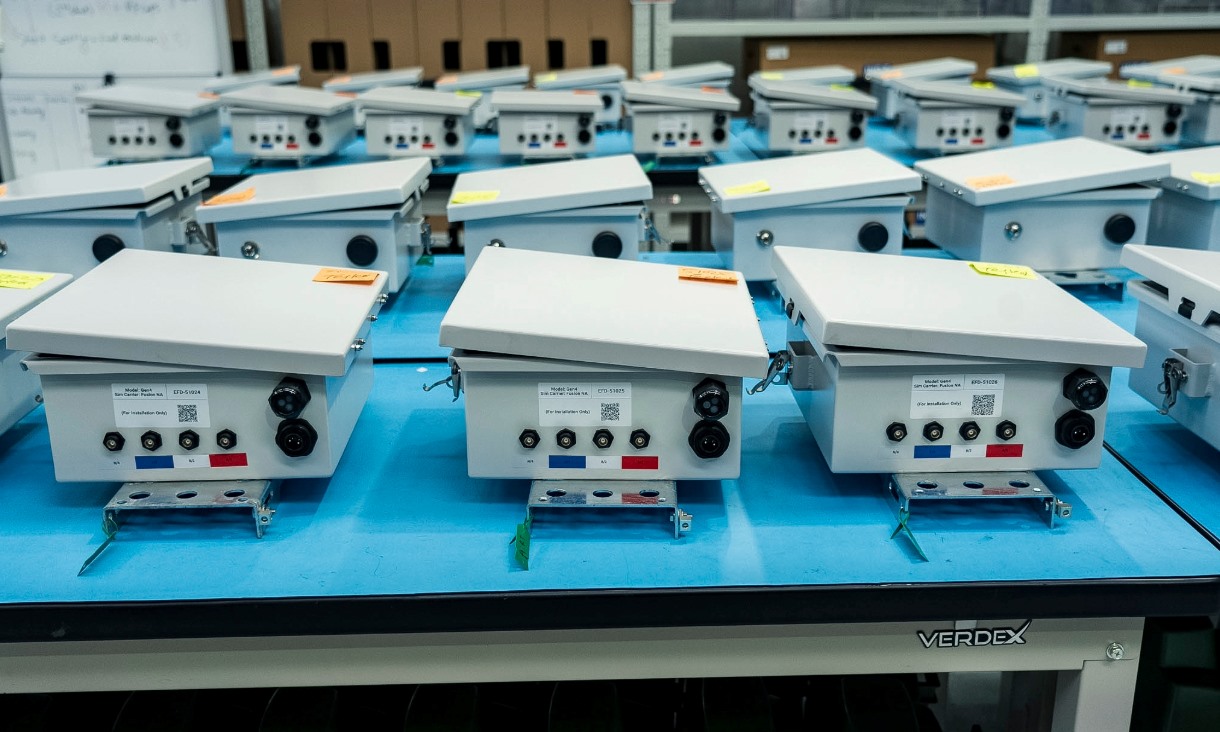Gas-sensing capsule takes another big step from lab to commercialisation
An ingestible gas-sensing capsule that provides real-time insights into gut health has moved closer to market with RMIT University transferring IP ownership to medical device company Atmo Biosciences.
Aussie tech helps make bio-oils for greener industrial applications
Australian technology developed at RMIT University could enable more sustainable and cheaper production of bio-oils to replace petroleum-based products in electronic, construction and automotive applications.
Scientists call for targeted fibre diets to boost health
Australian food scientists have reclassified dietary fibres – beyond just soluble and insoluble – to better guide nutritional decisions and drive targeted health food products.
RMIT spin-off launches new manufacturing hub in the heart of Melbourne
The company producing an early fault detection (EFD) system that helps prevent bushfires and blackouts globally has established a new manufacturing hub in Richmond.

.jpg)





